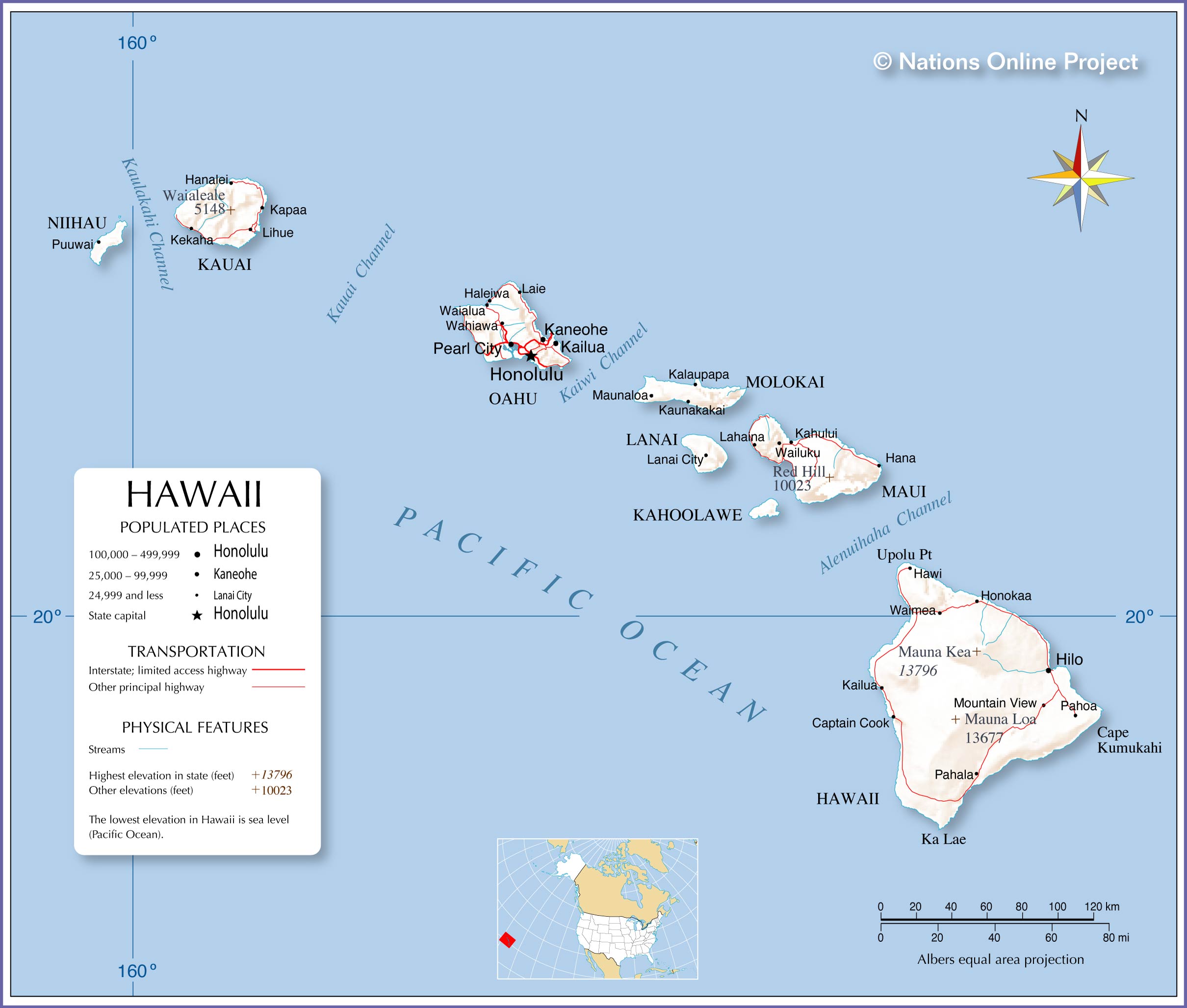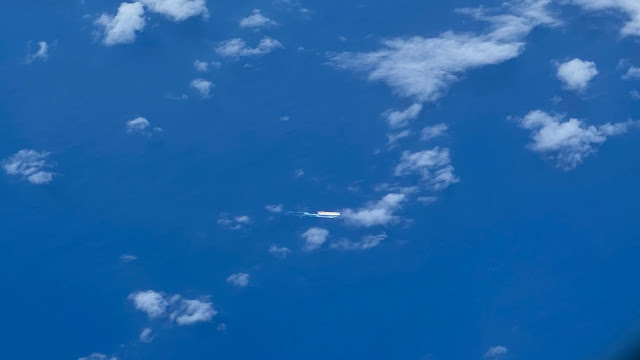I came across a touching memorial for an orange tabby cat named Rusty,
and I thought a photo of Rusty's face would be a cute one for Nicole's Friday Face Off.
But, as I tried to find out more about this beloved feral cat, I fell down a rabbit hole.
Since it took me a while to find my way out of the warren,
I've postponed using the photos I have for Rain's
Thursday Art and Dinner Date theme Scarves until next week.
Into the Rabbit Hole ~ A Scarves Preview
Waikiki, Oʻahu, Hawaii
January 23, 2023
© M. Louise (MacBeath) Barbour/Fundy Blue
All Rights Reserved
I stumbled across Rusty's memorial while walking through a gulch
between the Marriott Hotel and the Elua Condos on the Wailea Beach Path in Maui.
A Distracting View: West Maui Mountain
Along the Wailea Beach Path, Wailea, Maui, Hawaii
January 23, 2023
© M. Louise (MacBeath) Barbour/Fundy Blue
All Rights Reserved
But the story behind Rusty and his memorial was much bigger than I knew.
Rusty the Cat
Wailea, Maui, Hawaii
January 18, 2023
© M. Louise (MacBeath) Barbour/Fundy Blue
All Rights Reserved
Curious to find out more about this feral cat who inspired the memorial,
I started searching online.
I quickly discovered that Rusty was one of Maui's many "community cats,"
a catchall term for all cats, including feral cats,
that live outdoors and are unowned and free-roaming.
I learned that Rusty had lived by the gulch for twenty years,
and he was known to visitors from all over the world.
No one owned Rusty, but caretakers took him to veterinaries
for checkups or for treatment after fights with other cats.
One caretaker took Rusty home twice,
but he always found his way back to the gulch.
Tributes to Rusty
Wailea, Maui, Hawaii
January 18, 2023
© M. Louise (MacBeath) Barbour/Fundy Blue
All Rights Reserved
Rusty was an informal ambassador for Maui,
because he greeted so many people who walked by,
many of whom returned year after year to see him.
Sweet and friendly, Rusty gave and accepted love from countless people.
He died on 9/18/22 from cancer of the jaw.
Rusty
Wailea, Maui, Hawaii
January 18, 2023
© M. Louise (MacBeath) Barbour/Fundy Blue
All Rights Reserved
Unfortunately, as I searched for information about Rusty,
I also learned that feral cats are a widespread ecological problem
for Maui and the other seven main Hawaiian islands.
Approximately two million feral cats inhabit these eight islands.

The Hawaii Invasive Species Council says that feral cats
are one of the most devastating predators of Hawai‘i’s unique wildlife
and that even well-fed feral cats will instinctively hunt and kill prey.
Feral cats also spread a potentially lethal parasite (Toxoplasma gondii)
which contaminates terrestrial, freshwater, and marine environments
and negatively impact birds and mammals – including humans.
As I read about organizations trying to address the feral cat problem
(Maui Humane Society, University of Hawaii, Save Maui Cats, Maui Forest Birds, etc),
I realized what a complex and tragic situation the feral cats present
and that there is a lot of disagreement about how to deal with them.
Feral cats are not just a Hawaiian problem.
PETA estimates that between 60 and 100 million homeless cats live in the U.S.
Their lives are short and hard, and they do not die of old age
(Rusty was a rare exception).
PETA says that The American Bird Conservancy estimates that free-roaming cats
kill millions of birds and small mammals in the U.S. every year,
including endangered species.
And this is just in the U.S. It's a worldwide problem.
Part of the solution begins with cat owners,
because feral cats are often the descendants
of unaltered cats who were abandoned by their owners.
Cat owners anywhere can help to reduce the number of feral cats.
They can spay or neuter their pet cats and keep them indoors or safely contained.
They can microchip their pet cats so the cats can be returned if they become lost.
Also, they should never abandon their cats if they can no longer care for them.
Instead cat owners should surrender them to a local animal shelter
where the cats have a chance of being adopted.
Meanwhile, some of the people who loved Rusty have created
a Facebook page, Rusty Mauicat, in memory of Rusty.
They have formed The Rusty Cat Collective, a volunteer group dedicated to humanely addressing the feral cat overpopulation issue on Maui.
Rusty ~ Facebook
There are no easy solutions for dealing with the feral cat problem.
I hope that effective and humane solutions can be implemented,
sooner rather than later.
Terry and I don't have pets, because we like to travel,
and we feel it's unfair to keep leaving an animal behind
in a pet care facility or with a pet sitter.
I have donated to an animal shelter in Denver for many years,
and I had representatives visit my class annually to discuss caring for pets.
I'm going to pick one of the charities working on the feral cat problem
in Maui and start making donations to it as well.
It's a start.
I'm not going to forget a Maui cat named Rusty
or the impact cats like him have on their environment.
My eyes have certainly been opened.
🐈 🐈 🐈 🐈 🐈 🐈 🐈 🐈 🐈
Wishing you fascinating rabbit holes to fall into.
You never know what you might learn.
My next post will be on
Wednesday, February 1, 2023 🤞
On the Bay of Fundy
© M. Louise (MacBeath) Barbour/Fundy Blue
All Rights Reserved
🐈 🐈 🐈 🐈 🐈 🐈 🐈 🐈 🐈
Community Cats:
“Community Cats” is a term used to describe outdoor, unowned, free-roaming cats. These cats could be friendly, feral, adults, kittens, healthy, sick, fixed and/or not fixed. They may or may not have a caregiver. These cats also may have 1 or more people in the community who feed and watch over them but are not household pets. This definition, the only outdoor free-roaming cats who are not community cats are those who have an owner. Community cats are cats that may be social or unsocial, but cannot be traced back to any one owner.







.jpg)
































